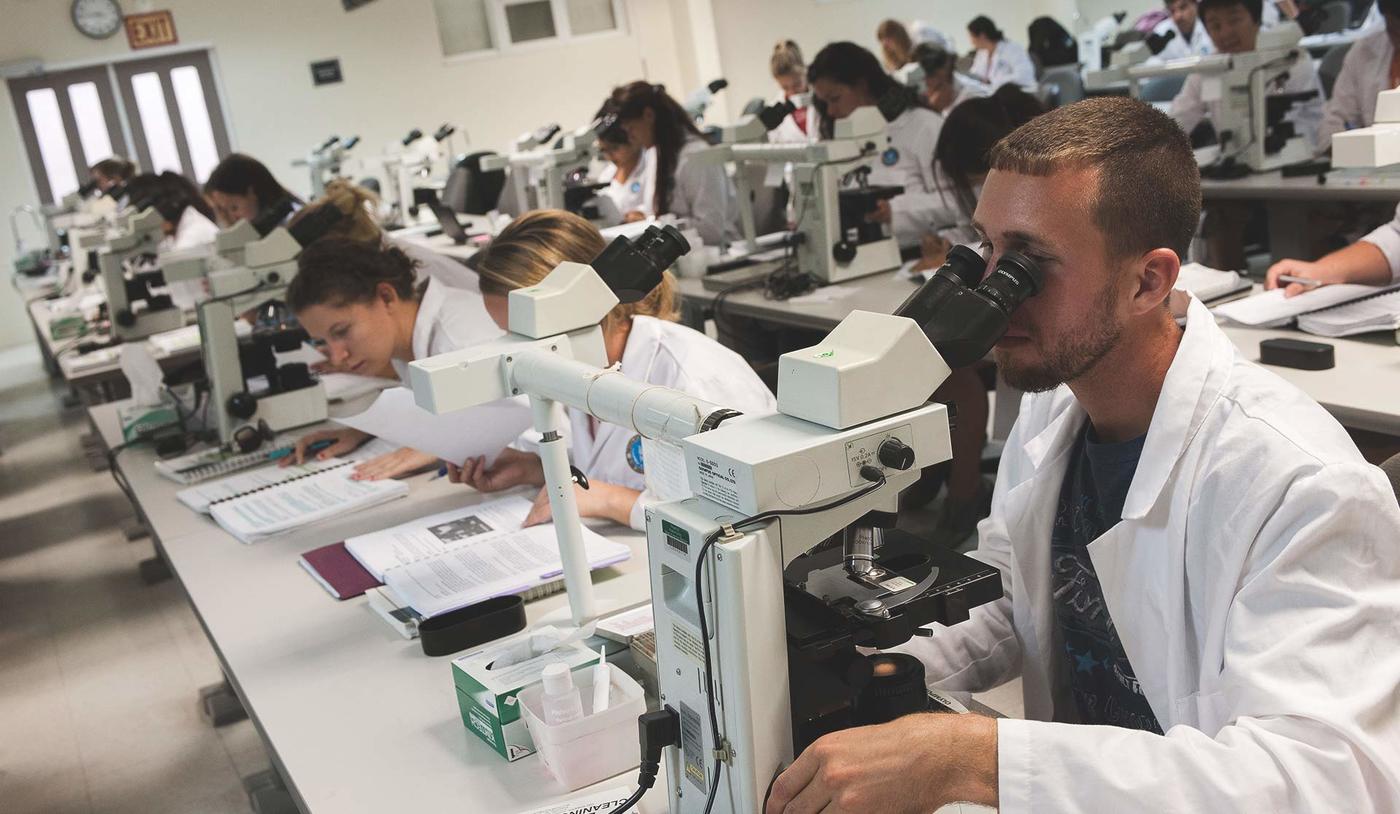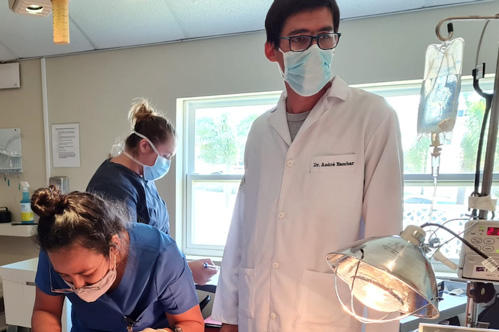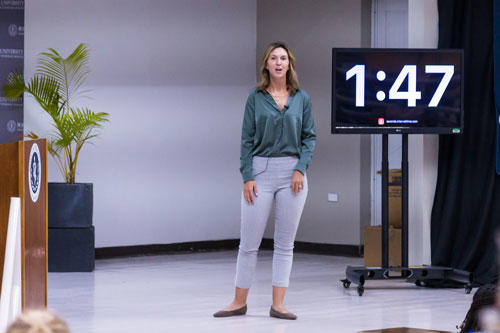RUSVM Professor of Epidemiology and Population Health and Director of the Center for Conservation and Ecosystem Health, Dr. Darryn Knobel recently received a grant award from the National Institutes of Health (NIH) - National Institute of Allergy and Infectious Diseases (NIAID), to investigate non-specific effects of vaccines in high-mortality populations.
Overview of the Research
One of the many interesting things about these ‘non-specific’ effects of vaccines is that they seem to operate differently in females compared to males. Effects seem to be stronger in females, but scientists don’t know why that is. Also, these effects might not always be beneficial–we have evidence that the animal rabies vaccine might increase susceptibility to other infectious diseases, at least in young puppies. But we only saw this effect in females, not in males.
The research aims to tease apart the different effects of sex, as well as of the animal vs. human rabies vaccine, and also to try to understand the biological mechanism through which a vaccine might change susceptibility to unrelated diseases.
1. How did you become interested in this research and study area?
I stumbled into this area of research through my work on rabies vaccine in dogs. I was studying the rates of death of owned dogs of various ages in a resource-poor area of South Africa. When my team and I put the data together, we noticed something odd: dogs that were vaccinated against rabies had much lower death rates than unvaccinated dogs; far more so than could be explained by the prevention of rabies cases alone. When I presented these results at a conference, another scientist approached me to tell me that they thought the same thing was happening in children in Africa–rabies vaccine seemed to be providing protection against diseases unrelated to rabies, like meningitis and severe forms of malaria. That really got me interested and so I wrote the grant to study the effect in dogs in more detail.
2. How do you feel about receiving the grant?
I feel very proud to have received the grant. NIH funding opportunities are highly competitive and are not often awarded to scientists outside the U.S. As a scientist, I feel excited about the opportunity of learning something new that might benefit animal and human health.
3. What would the results mean for the Caribbean and the world?
The idea that vaccines might have effects beyond protection against specific diseases is relatively new, and one that scientists are still trying to understand. Results from these kinds of studies could change the way that vaccines are used, by enhancing not only their safety but also their ability to improve health through prevention of other diseases–some of which may not be preventable or easily treatable through other means.
4. Who are your partners, if any?
In addition to collaborators at RUSVM including RUSVM Professor of Immunology and Virology and Director of the Center for Integrative and Mammalian Research, Dr. Felix Toka, who is a co-investigator on the grant, I am working closely with the Faculty of Veterinary Science at the University of Pretoria in South Africa. They are important partners, as the work will take place in South Africa. Faculty there also have complementary expertise in immunology and diagnosis of important infectious diseases of dogs in the community in which we will be doing the research.
5. What are the next steps to get this research going?
I am working on getting a team in place of postdoctoral researchers and field technicians so that we will be ready to start.
Research reported in this publication was supported by the National Institute Of Allergy And Infectious Diseases of the National Institutes of Health under Award Number R21AI151356. The content is solely the responsibility of the authors and does not necessarily represent the official views of the National Institutes of Health.






